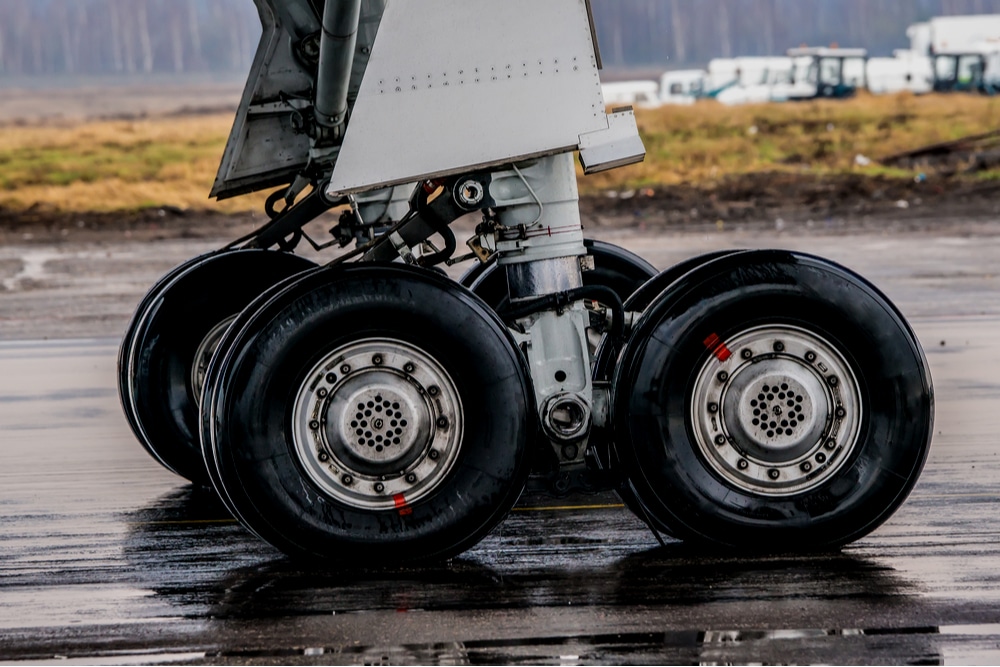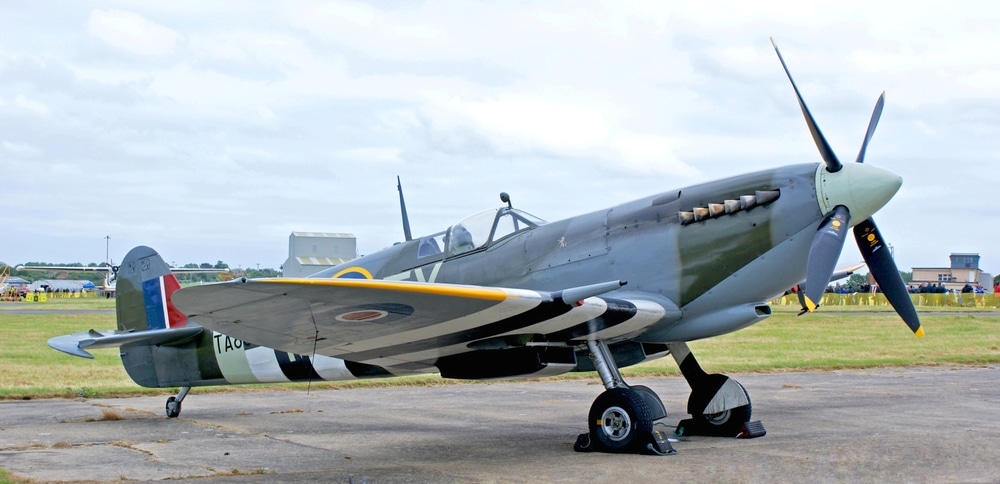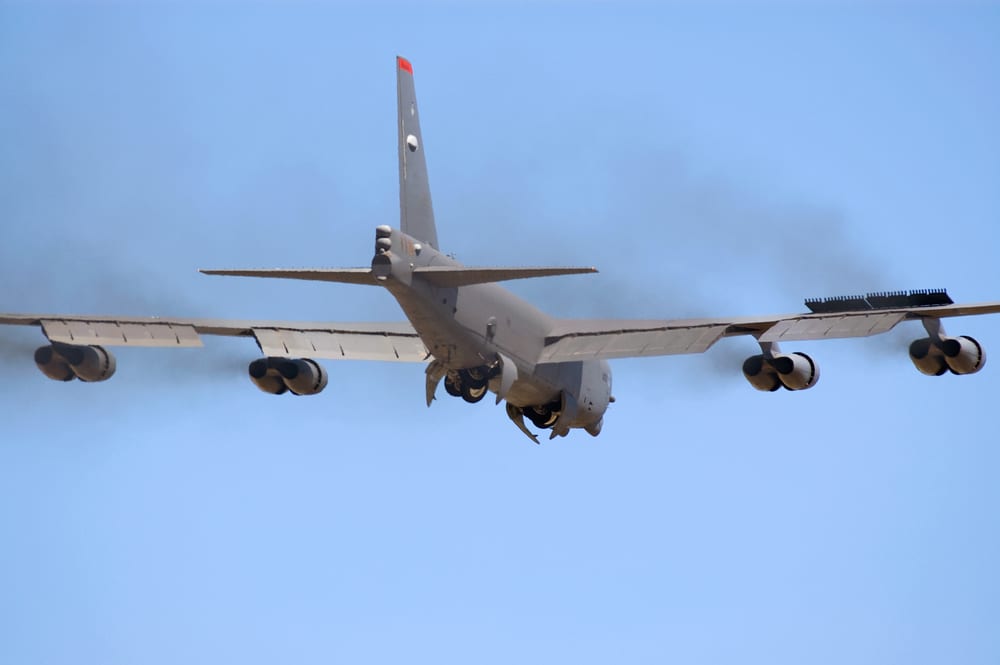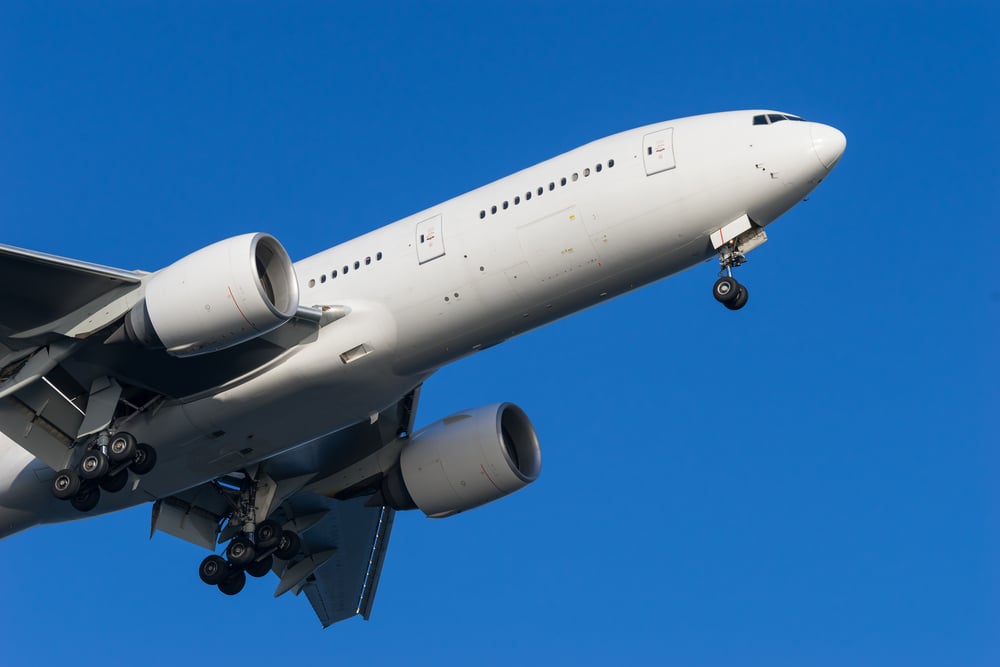The Many and Varied Types of Landing Gear
AMI is a manufacturer of landing gear fasteners that’s trusted by industry leading OEMs to create the most challenging fasteners — bolts, screws, pins, studs, threaded rods and built-to-print specials.
That’s why we thought we would take a look at the most common types of landing gear used today.
Types of Landing Gear
The landing gear supports the entire weight of the aircraft during landing and ground operations. The type of landing gear used depends on the two things, the design of the aircraft and its intended use. There are three main types of landing gear:
– Tail Wheel
Also called “conventional” or “traditional” landing gear because it was the status quo for the majority of aviation history, tail wheel landing gear include a main gear that’s located forward of the airplane’s center of gravity, which necessitates support via a third wheel assembly in the tail of the aircraft.
Tail wheel landing gear were ideal for operating in and out of unpaved runways because of the increased clearance they provided between the forward section of the fuselage and the ground.
The Supermarine Spitfire (above) and the other legendary fighters of WWII — Mitsubishi A6M Zero, North American P-51 Mustang and Messerschmitt Bf 109 — all used retractable tail wheel landing gear.
– Tandem
A less common landing gear system is the tandem arrangement, where both the main and secondary gears are situated along the longitudinal axis or spine of the fuselage.
The most well-known aircraft using tandem landing gear are military planes — the Boeing B-52 Stratofortress (above), the Lockheed U-2 spy plane, and most famously the Hawker Siddeley Harrier.
The primary advantage of the tandem landing gear design is its reduced drag when deployed.
– Tricycle
Consisting of a nose gear and a main gear attached to the reinforced wing structure or to the fuselage, the tricycle arrangement is the most common among large and small aircraft today.
Why? It allows for more forceful application of the brakes and therefore higher landing speeds. It provides better visibility from the flight deck during ground maneuvering. And because it spreads the weight of the aircraft over a larger area, it also provides a better safety margin than any other configuration.
The number of wheels on the main gear depends on the design weight of the aircraft. As you can see above, the 777 has 12 wheels in the main gear.
Procure Fasteners from AMI
AMI is an AS9100 and ISO:9001 accredited, vertically integrated manufacturer of high strength, close tolerance aerospace fasteners.
We are a Philips Screw licensee whose clientele includes Boeing, Bombardier, DLA, General Electric, Lockheed Martin, NASA, NAVICP, Sikorsky and the U.S. Navy.
We specialize in both large and small runs. Whether you need a prototype or large runs for your assembly line, you can rely on AMI for rapid delivery and short lead-times.
Search our expansive inventory or launch your Custom Quote today!








